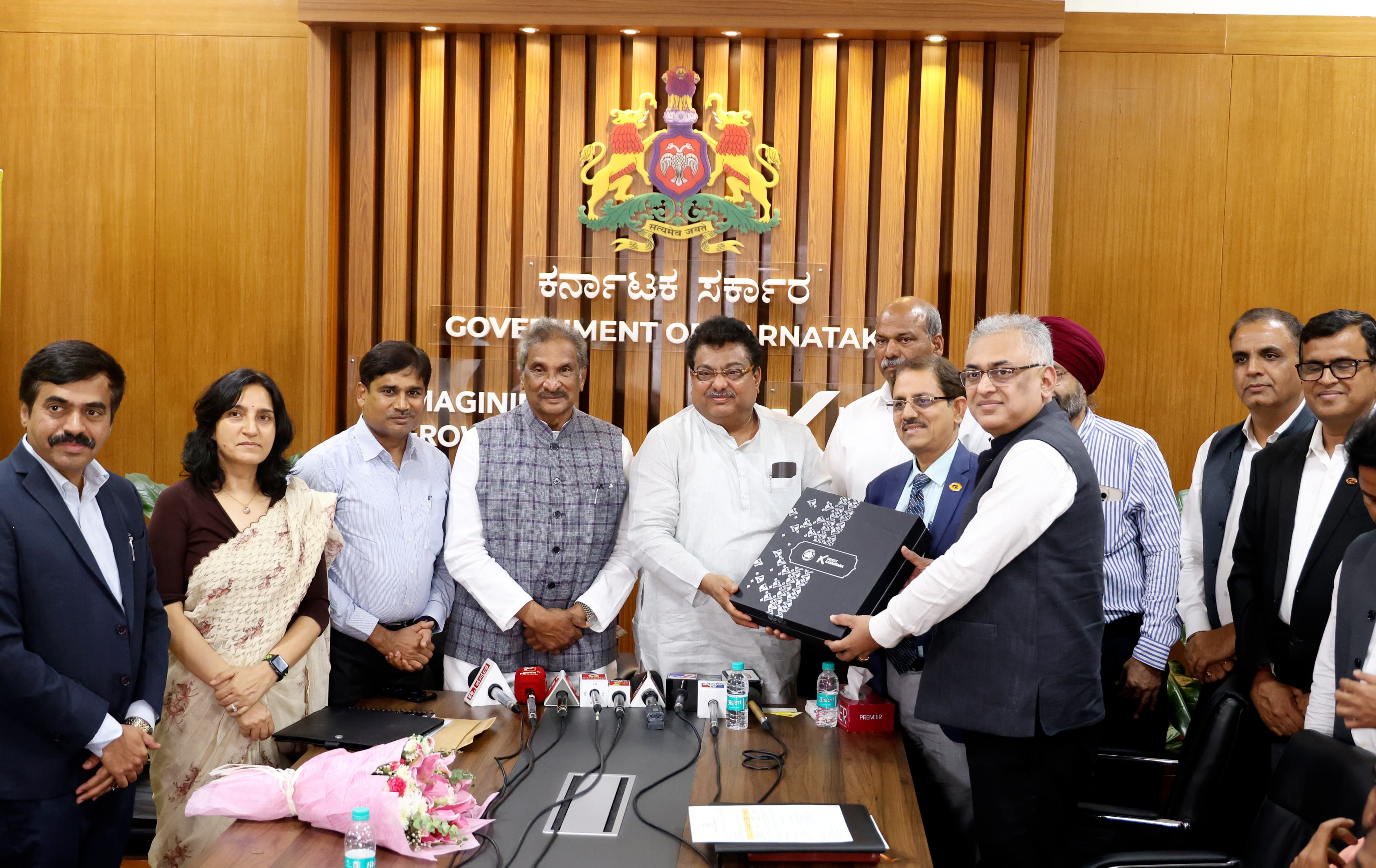New Delhi, NFAPost: Besides Funds of Funds with a government contribution of Rs 10,000 crore, Indian startups are eligible for loans from the current slab of Rs 10 crore to Rs 20 crore. Presenting her 8th budget, Finance Minister Nirmala Sitharaman said that startup incentives will be given to startups in 27 focus sectors to achieve Atmanirbharath Bharath.
The Union government also announced that Alternate Investment Funds (AIFs) for startups have already received commitments of more than Rs 91,000 crore, supported by the Fund of Funds of government.
The Finance Minister also announced a slew of measures for MSMEs in the country which can be availed by startups also. The government also intends to facilitate the growth of Global Capability Centers (GCCs) in tier 2 cities, which may offer opportunities for startups in those locations.
Here are 20 takeaways for startups, based on the provided budget speech:
- A new Fund of Funds will be set up with a fresh government contribution of ` 10,000 crore.
- The credit guarantee cover for startups will be enhanced from
10 crore to20 crore. - The guarantee fee for startup loans in 27 focus sectors will be moderated to 1%.
- A new scheme will be launched for 5 lakh first-time entrepreneurs, including women, Scheduled Castes, and Scheduled Tribes, providing term loans up to ` 2 crore over the next 5 years.
- Online capacity building for entrepreneurship and managerial skills will be organized.
- The government will explore a Deep Tech Fund of Funds to catalyze the next generation of startups.
- The period of incorporation for startups to avail certain benefits is extended by 5 years, to before 1.4.2030.
- The Alternate Investment Funds (AIFs) for startups have already received commitments of more than
91,000 crore, supported by a Fund of Funds with a government contribution of10,000 crore. - There will be a focus on the development of a manufacturing ecosystem for toys, which could present opportunities for startups in that sector.
- The government aims to support the domestic electronic equipment industry, which presents opportunities for startups in that space.
- The government intends to facilitate the growth of Global Capability Centers (GCCs) in tier 2 cities, which may offer opportunities for startups in those locations.
- A presumptive taxation regime is proposed for non-residents providing services to resident companies establishing or operating electronics manufacturing facilities, and a safe harbor for tax certainty for non-residents storing components for supply to specified electronics manufacturing units.
- The government will provide support for integration with global supply chains, which could benefit startups involved in exports.
- There is a focus on clean tech manufacturing, which includes areas like solar PV cells, EV batteries, and wind turbines, which startups could explore.
- The budget includes the establishment of a National Manufacturing Mission, which will provide policy support and execution roadmaps for small, medium and large industries which could benefit startups.
- The government will support MSMEs through enhanced credit availability and revisions in classification criteria which can benefit startups that are also classified as MSMEs.
- Credit cards with a ` 5 lakh limit will be introduced for micro-enterprises registered on the Udyam portal, which may benefit some startups.
- The government aims to promote innovation through various initiatives, which can help startups in research and development.
- The budget includes measures for labor-intensive sectors, which may provide employment and entrepreneurship opportunities.
- The government is focused on promoting exports and will facilitate access to export credit and support for MSMEs in overseas markets, which is helpful for export-oriented startups.
*
















